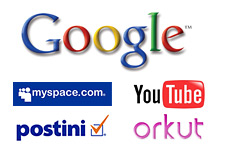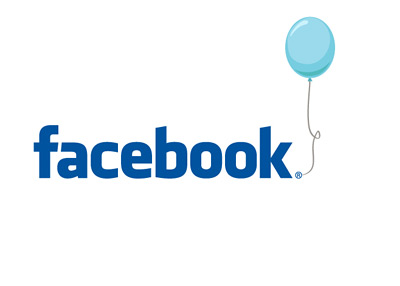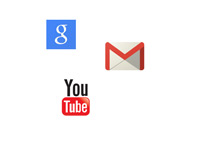Google Having Trouble Monetizing Bigger Internet Properties
 When Google bought Youtube for a staggering $1.65 billion dollars, most people just figured that Google would embed some Adsense ads on the site and start printing money. I mean, Youtube had an unbelievable amount of traffic and Google has the best contextual ad-serving technology in the industry. Win-win right?
When Google bought Youtube for a staggering $1.65 billion dollars, most people just figured that Google would embed some Adsense ads on the site and start printing money. I mean, Youtube had an unbelievable amount of traffic and Google has the best contextual ad-serving technology in the industry. Win-win right?Then you had Google's tie-up with Myspace. Google signed a deal with Fox Interactive Media in August of 2006 that called for the integration of a Google search box into all Myspace pages, plus the stated plan to jointly develop a new MySpace toolbar. Again, the idea was that with Myspace's critical mass of traffic, Google would be able to effectively parlay this into bountiful revenues for both their company and Fox Interactive Media. They were so confident that they guaranteed Fox Interactive Media a minimum of $900 million dollars throughout the length of this deal, expiring in the second quarter of 2010.
The problem? Google seems to be having big problems monetizing both sites. As a matter of fact, they are having trouble monetizing a number of properties, also including Postini and Orkut.
To find out this information, you need look no further than Google's most recently posted 10-Q, which was released on May 12th. On Page 26 of the 10-Q, Google states that "revenues realized through the Google Print Ads Program, Google Audio Ads, Google TV Ads, Google Checkout, YouTube, Postini and DoubleClick were not material in any of the periods presented". Ouch! A $1.65 billion dollar purchase by Google is still not generating any "material" revenue? What's going on there? Youtube is one of the most trafficked web sites in the entire world (#3 according to Alexa, behind Yahoo.com and Google.com).
And if you want to know if their partnership with Myspace has been a success or not, you needn't look further than Google's own comments from their Q4 earnings report conference call in January of '08.
CFO George Reyes said that "social networking is not monetizing as expected". Sergey Brin went on to state, in regarding to social networking sites such as Myspace and Orkut, "We have an incredible amount of this inventory. I donít think we have the killer best way to monetize social networks yet. We have had a lot of experiments (and some disappointments)."
Google was expecting to take a loss on the MySpace deal at the beginning of the relationship - News Corp. COO Peter Chernin stated in a conference call that "Google expected the deal to reach break-even towards the latter part of the three year period". That was when the deal was being formulated - given Google's public comments on the deal, I can't imagine that the deal will ever become break-even for Google, considering the $900 million in revenue guarantees that they made to Fox Interactive. Google receives 73% of all revenues generated through the deal, but again, they guaranteed $900 million in total revenues throughout the course of the deal.
So all of this begs the question - why is Google having such a hard time monetizing this traffic?
Google have said that they are working on presenting even more targeted ads to their users. I think that the main problem is that the demographics on Youtube and MySpace are not particularly suited for robust monetization. I would imagine that the average users of Youtube and MySpace are fairly young and probably not all that inclined to buy. I searched for a certain video on Youtube and was served an ad for a gold and copper mine in Canada and an ad for an "Everybody Loves Raymond" DVD box set. Neither has anything to do with what I am searching for.
When Youtube does generate Adsense clicks, I would imagine that they are extremely low value and low cost to the advertisers. As an Adwords advertiser, I know that I wouldn't advertise on Youtube unless I was paying just pennies per click.
I suspect that if Google could go back in time, they not only wouldn't buy Youtube, but they likely wouldn't have entered into this agreement with MySpace either. Google and other advertisers are finding social marketing and other sites largely frequented by younger people to be extremely hard to monetize.
Filed under: Internet Companies



